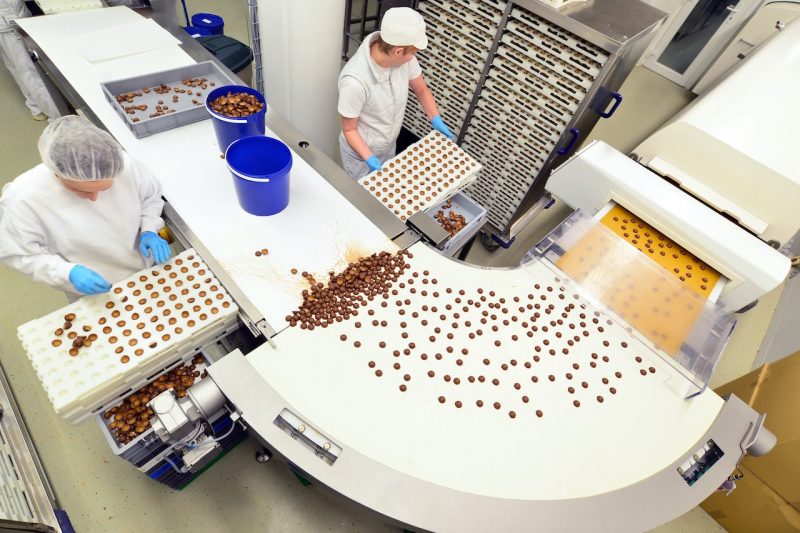State of the sector report reveals concerning picture for UK manufacturing and exports

The latest State of Industry report from the Food and Drink Federation (FDF) certainly makes for comparatively sobering reading, and is unequivocally clear that combined factors of Brexit, soaring inflation and the ongoing war in Ukraine have all negatively impacted the UK.
While its assessment is cross-sector by its very nature, confectionery and snacks companies very definitely feature heavily within the ranks of its membership, so such a stark acknowledgement that conditions within Britain’s manufacturing sector have been especially hard hit should be of concern to us all.
Furthermore, latest figures from the Office for National Statistics showed that the UK economy shrank by 0.1% in May, with manufacturing, energy generation and construction, all suffered unwelcome dips in performance.
This has been underpinned by the latest assessment from the Organisation for Economic co-operation and development (OECD), which this month confirmed that the UK was in fact the only country in the G7 group of economically advanced European nations to continue experiencing a continued rise in inflation – which has a notable impact on business confidence.
So with this in mind, it’s perhaps unsurprising to hear within industry that while the confectionery and wider food and drink sector notes that investing in new automated equipment lines is the way of the future for many in the industry, continued economic uncertainty has left many firms unable to make the necessary capital investments needed to upgrade their business operations.
Another obstacle to growth within the UK has definitely been felt in terms of Brexit, which from speaking to many businesses right across the confectionery, snacks and bakery markets, has placed further red-tape, administration costs, and hampered export/import times with many of our near neighbours in Europe – to the point that many small and medium-sized enterprises based in the UK have given up on exporting to the mainland continent, as it’s just become too much of a financial and physical headache for them. This is a markedly sad state of affairs, as the once significant trade that was once being done with the EU from within our sector has fallen drastically – though in truth, it’s hard to gain any kind of official statistics on this, simply as they’re not being made publicly available.
Some analysis and sector research does of course exist out there, but it’s hard to pin down. According to the UN database on global trade, the UK exported £391 million in sugar-based confectionery in 2022, which is down from around $650 million in 2014 – which reflects a reality of a challenged set of trading conditions.
For its part, the UK government has previously offered some incentives for supporting companies in making such moves through tax incentives, the latest offering in April being a 100% upfront tax deduction for capital investment on new plant machinery that took effect from April of this year – but there has been little fanfare surrounding the move, and many companies will still feel that market conditions just aren’t conducive for making long-term decisions with economic instability on the horizon.
Intriguingly, the FDF painted a picture of optimism for business confidence – which it said had in fact risen to a rating of -30, up 17 points since its last report, which in itself is a worrying picture when a figure still significantly in minus territory is being talked up as a positive sign. As a result, economists have attempted to offer forecasts for 2024 that indicate the UK returning into more positive economic territory, but it’s clear there’s an awful lot of hard work, and no doubt need of good fortune, for that scenario to unfold.
Neill Barston, editor, Confectionery Production



